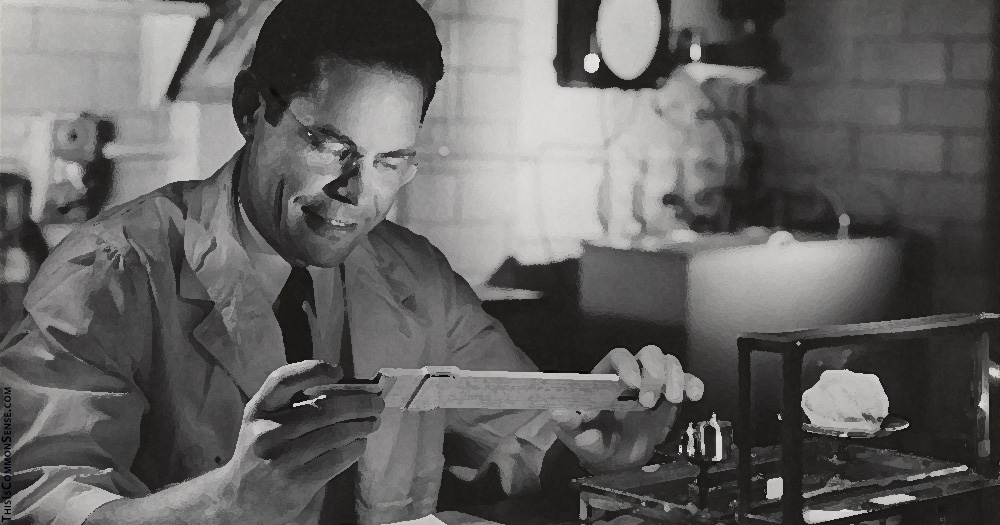Not every popular idea about government policy is good. Or bad. How do we tell the difference?
One way is evidence.
The modern administrative state was promoted heavily by social scientists who thought that piecemeal social engineering should be tested. A few even thought that the older experiment in limited-government federal republicanism gave Americans a near-ideal testing ground: “the laboratory of democracy.”*
Activists and politicians have been pushing big increases in the minimum wage in cities around the country. Seattle, Washington, has been one of those, establishing an $11.00/hour legal minimum in April of 2015, then raising that limit by two dollars in 2016. Now the results are in.
The City of Seattle commissioned a study of “the wage, employment, and hours effects of the first and second phase-in of the Seattle Minimum Wage Ordinance,” and it shows clear results:
- The first hike led to “modest reductions in unemployment” but scant change in over-all low-wage employment.
- The second hike led to a 9 percent reduction in hours worked at wages below $19/hour;
- a reduction of over $100 million per year in total payroll for low-wage jobs; and
- total payroll losses average about $125 per job per month.
Jonathan Meer, an economist teaching at Texas A&M University, calls this an “unmitigated disaster.” But he notices that a backlash against it was immediate.
To those who object: do you object to the method or the conclusions?
The only halfway plausible rationale for social engineering of this kind — top-down interventions into markets — has been “social science.” Rejecting evidence is to reject science, which is to reject . . . the minimum wage idea itself.
This is Common Sense. I’m Paul Jacob.
* The idea is to test policy tried in one location against its goals. What works should be mimicked, but only after the evidence is in and results accepted as good. And dropped in cases where not.

